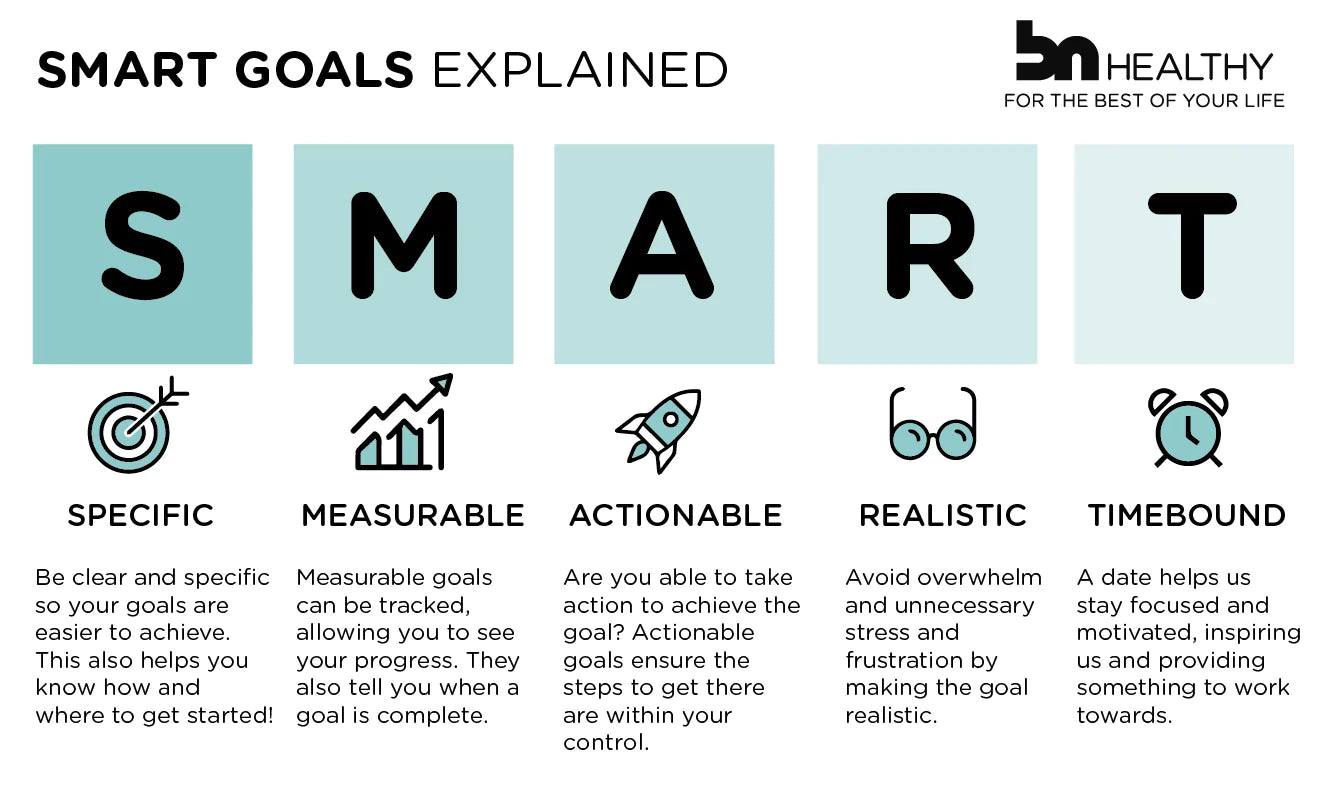Setting Yourself Up to WIN in 2022

Do New Year's Resolutions Promise the Path to Success?

If you're on the Weight Loss Surgery journey, no doubt you have made some serious New Year weight-loss resolutions around this time of year. Centred around this year is the year you finally crack that code and lose weight once and for all - and likely you have resolved this same thing year after year!
You've probably tried fad diets, joined the gym, partnered with a friend for exercise and signed up for Light and Easy food delivery, keto food plan, intermittent fasting or some other "guaranteed" failsafe way to lose weight and "keep it off forever". And still, here we are, a nation struggling with obesity, and the secret code to weight loss remains a complete mystery to many of us!
Well, don't feel alone -48%of people who made New Year's Resolutions in2019 wanted to lose weight,59%resolved to eathealthier food, and54%promised to domore exercise. And how did that work out, I hear you ask?80%of resolutionsfail within the first year; in fact,20%don't even last a week!
With unimpressive stats like that, you might also be wondering why I am even writing about the idea of making New Year's resolutions at all! I wonder why we refer to this time of year as the Silly Season?
So given the track record of New Year's resolutions - is it the idea of resolving to change that is not working, orhow we decide to changethat is failing us?
As a bariatric patient, you'll be familiar with the wordgoal- because there is a focus on reaching "goal weight".
This goal weight is generally the healthy weight for your height, sex and age. It is generally a place where many of the chronic conditions like high blood pressure, type 2 diabetes, and other medical conditions brought about by carrying excess weight is shown to be minimised. So whilst a goal is not foreign to those on the WLS journey, the skill ofsetting realistic weight loss goals or a SMART goal can be.
Let's take the average New Year's resolution

"This year is my year, this year I will lose the weight" sounds about right - that's what you're aiming for, so what could possibly go wrong?
Let's look at what an end goal comprises and then work through what it might take to get there. When we are setting goals, there is a lot to think about; When you say "I will lose the weight", it can send a mixed message to the brain - "lose something?".
Well, I've been brought up to think that losing something is pretty stressful, can be annoying, and generally costs money to replace it, OR, if I have lost something - I better set out to do all I can to find it again.
WOW - what we say to ourselves does have to be quite measured, concise, and needs to be MOTIVATING, not negative, or it will never grow legs and become a reality. So the wording of your goal for weight loss might be a SMART goal.
Here's an example:

This year, I will achieve healthy weight loss and reach my goal weight of ____kg by October in time for summer. I will accomplish this by living a healthy lifestyle, making healthier food choices, and walking 10,000 steps a day to weight loss.
Each week, I will measure my progress using a weekly weight loss tracker, and I will seek my dietitian's input and support groups. I will take an inventory of old habits and work on solutions to improve my overall health.
See how it's a positive, time-bound, goal-oriented statement with the who, what, where and when and the benefits. It's motivating and helps to support habit change - not in two days, but over ten months, that is also broken up into snippets of time, by weekly weight loss tracker, daily 10,000 steps, healthy eating goals, and support built into it.
Being SMART is the key to setting realistic weight loss goals and ending the sweeping statements that our New Year's resolutions tend to set us up to fail.
Break It Down

SMART goals are:
- Specific - define precisely what you plan to achieve
- Measurable - Implement a way to measure (weekly tracker is a perfect idea)
- Actionable - Is it doable? Can it be broken down into manageable chunks
- Realistic - Avoid turning life totally on its head on Jan 1 - Break it down
- Time-bound - Having an end date gives us something to work towards; it motivates and helps us focus.
So when it comes to thinking about making a New Year weight loss resolution, it pays to apply the SMART principle to work out first whether it's realistic.
The SMART goal framework gives you the process to break it down into a more specific and likely more successful outcome over the long term. Many factors need to come together to bring you to success with weight loss and health improvement after your bariatric surgery. Using goal setting techniques that recognise the intricacies are the ones that will lead you to the end goal; a happier, healthier you.
Join us in our New Year: New You Resolutions!
By making small changes one after the other, you'll still have the chance to be a whole New You.
Write down some small resolutions for January, what actions you'll take to reach your resolution and when you'd like to complete it.
Click 'Download my New Year: New You Chart' to fill out your resolutions and actions for January.
The team at BN Multi wish you every happiness this Christmas.
Enjoy your loved ones, create new memories, and take stock of how far you’ve come.
Jacqui Lewis
BHSc Nutritional and Dietetic Medicine









